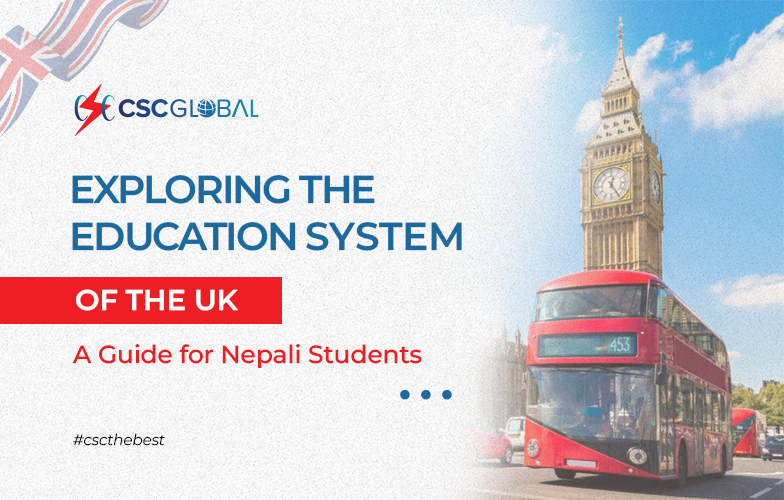Choosing the right educational path after completing your +2 is a pivotal decision that can shape your career trajectory. Most students are often in confusion about which one to choose after +2 Bachelor’s or Diploma. So, let’s explore Bachelor vs. Diploma in Canada to help you decide which one you should choose after +2.
Canada, renowned for its world-class education system, offers two primary post-secondary options for international students: Bachelor’s degrees and Diplomas. Understanding the differences between these pathways is crucial to making an informed choice.
Understanding the Basics
Bachelor’s Degree
A Bachelor’s degree in Canada typically requires four years of full-time study at a university. These programs offer a comprehensive education in various fields such as Business, Engineering, Arts, and Sciences.
Universities in Canada are globally recognized for their research opportunities, academic rigor, and diverse student communities.
Diploma
Diploma programs in Canada are usually offered by colleges and are more focused on practical, hands-on training.
These programs typically last between one to two years and are designed to equip students with specific skills required in fields like Information Technology, Healthcare, and Hospitality.
Colleges in Canada emphasize applied learning and often include co-op placements to enhance employability.
Duration and Structure
| Aspect | Bachelor’s Degree | Diploma |
| Duration | 3 to 4 years | 1 to 2 years |
| Study Mode | Full-time, academic-focused | Full-time, skill-oriented |
| Level | Undergraduate degree | Post-secondary certificate |
| Offered By | Universities | Colleges |
Admission Requirements
Bachelor’s Degree:
Requires completion of high school (+2) with specific subject prerequisites depending on the program. Additionally, proficiency in English (e.g., IELTS, TOEFL) is often required.
Diploma:
Generally requires a high school diploma (+2). Some programs may have additional requirements or prerequisites based on the field of study.
Cost Considerations
Bachelor’s Degree:
Tuition fees for Bachelor’s programs in Canada can range from CAD 7,000 to CAD 29,000 per year, depending on the university and program.
Diploma:
Diploma programs are generally more affordable, with annual tuition fees ranging from CAD 7,000 to CAD 15,000.
Note: Tuition fees can vary based on the institution and program. It’s advisable to check with the specific college or university for accurate fee structures.
Career Prospects
Bachelor’s Degree
- Higher Earning Potential: Graduates with a Bachelor’s degree often have access to higher-paying jobs and leadership positions.
- Advanced Opportunities: A Bachelor’s degree is typically required for entry into graduate programs and professional schools.
- Global Recognition: Canadian Bachelor’s degrees are recognized worldwide, enhancing international career prospects.
Diploma
- Quick Entry into Workforce: Diploma programs are designed to provide students with the skills needed to enter the workforce promptly.
- Industry-Specific Skills: These programs focus on practical skills that are directly applicable to specific industries.
- Potential for Further Education: Some diploma programs offer pathways to Bachelor’s degrees, allowing students to continue their education if desired.
Pathways to Permanent Residency (PR)
For international students aiming to settle in Canada, obtaining a Bachelor’s degree can provide a more straightforward path to Permanent Residency (PR).
Programs like the Express Entry system award points based on education, and a higher level of education, such as a Bachelor’s degree, contributes to a higher Comprehensive Ranking System (CRS) score, improving your chances of receiving an Invitation to Apply (ITA) for PR.
Additionally, a Bachelor’s degree makes you eligible for a Post-Graduation Work Permit (PGWP), allowing you to gain Canadian work experience, which further boosts your CRS score. Moreover, having a Bachelor’s degree can increase your eligibility for various Provincial Nominee Programs (PNP), offering additional opportunities to secure PR.
Overall, a Bachelor’s degree opens more doors for work, study, and immigration options in Canada, making it a strategic choice for those looking to build a future in the country.
Making the Right Choice
The decision between pursuing a Bachelor’s degree or a Diploma in Canada depends on various factors, including:
- Career Goals: Consider the qualifications required for your desired career path. Some professions may necessitate a Bachelor’s degree, while others may value the practical skills gained through a Diploma.
- Financial Considerations: Assess your budget and consider the cost of education. Diplomas are generally more affordable, but Bachelor’s degrees may offer higher earning potential in the long run.
- Time Commitment: Determine how much time you are willing to invest in your education. Bachelor’s degrees require a longer commitment but may provide more comprehensive knowledge and opportunities.
Choose the Right Choice for You
Both Bachelor’s degrees and Diplomas in Canada offer unique advantages. A Bachelor’s degree provides a broad academic foundation and opens doors to advanced career opportunities, while a Diploma offers specialized, practical training for quick entry into the workforce. Your choice should align with your career aspirations, financial situation, and personal preferences.
If you’re considering studying in Canada, it’s essential to research specific programs and institutions to find the best fit for your goals.
Reach out to educational consultants or visit official college and university websites for detailed information on admission requirements, program structures, and career outcomes.
Remember, the right educational path aligns with your aspirations and sets you on a path to success.





